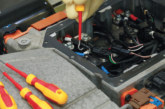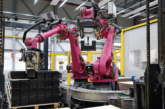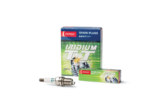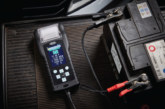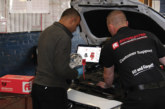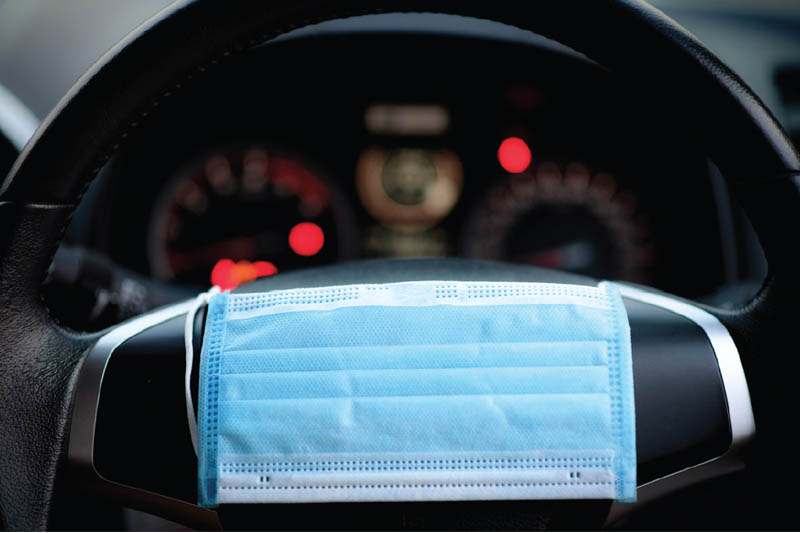
Introducing Hella Hengst’s Blue.care cabin filters, the company’s solution to allergies and bacteria in the vehicle.
As we prepare to enter a life without lockdown restrictions, Hella Hengst has a great message for factors to be able to give to their garage customers: its Blue.care cabin filters protect vehicle occupants against allergies and bacteria.
Hella Hengst believes that its cabin filters are particularly favoured because of the combination of design innovation and special features. As a result, the Hella Hengst range provides factors with a comprehensive replacement cabin filter solution, available in both active carbon and anti-bacterial configurations.
Although workshops have a large part to play when it comes to the air quality within their customers’ vehicles, factors can help by supplying them with a Blue.care cabin filter. This solution will optimise the air quality within the vehicle, directly benefitting the end user in terms of a reduction in pollutants, which aids their concentration and makes them feel less tired, subsequently reducing the risk of accidents due to driver fatigue.
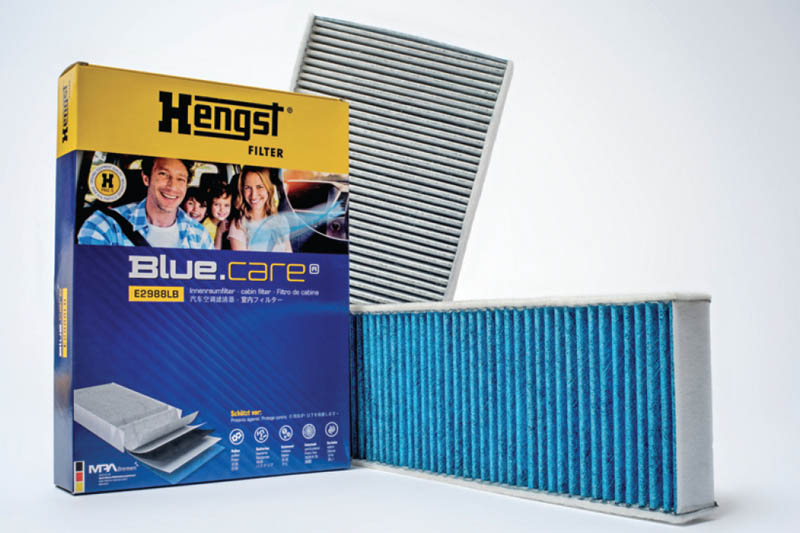
A standard cabin filter is certainly a good first step as, in addition to its protective role within the air conditioning system, it will remove pollen and fine dust. However, a carbon activated version goes even further by filtering out bad-smelling odours and hazardous gases such as ozone, smog and exhaust gases. Going one step further is the Blue.care filter, which also neutralises allergens and bacteria. In this heightened period of health awareness, this is particularly beneficial to the occupants of the typical family car.
Blue.care’s first line of defence is an electrostatic medium that keeps out coarse particles and is supported by a filter fleece that increases its dust retention capacity. An active carbon layer separates out vapours, odours and harmful gases, while so called ‘meltblown’ medium filters out fine dust, including micro-particles with tiny diameters. Finally, the bio functional layer contains Nano silver, which has natural antibacterial properties and an antimicrobial effect, as well as jointly providing five-level protection from pollen, dust, mould/spores, odours and bacteria.
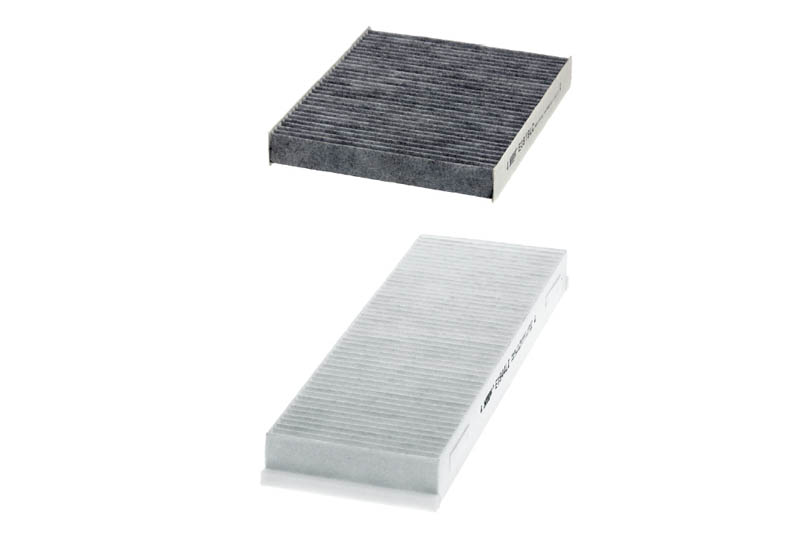
Blue.care at a glance
Hella Hengst claims that its Blue.care cabin filters provide the vehicle’s occupants with enhanced protection in the following areas:
Pollen – In the current COVID climate, it’s especially important for the driver and passengers to avoid having to touch their face, which is particularly difficult for hayfever sufferers. With this in mind, Blue.care filters significantly reduce the level of pollen in the cabin, directly benefitting the occupants.
Fine dust – Fine dust particles can significantly affect the health of the driver and passengers, as they can penetrate deep into bronchial tubes or even get into the blood stream.
Mould and spores – Mould spores that can have an effect on someone’s health are everywhere, but they spread quicker when the weather is moist and warm.
Smells – No one wants to have unpleasant smells in their vehicle. To combat this, Blue.care protects the driver and passengers from pungent or acrid ammonia and sulphur gases.
Bacteria – An infinite number of types of bacteria are constantly in the air around us, but thanks to a specialised coating, Blue.care filters reduce bacteria to a minimum.
Upselling opportunities
Due to the sheer volume of air that cabin filters have to cope with, Hella Hengst recommends that they are replaced annually or every 10,000 miles. However, vehicles that spend most of their time being driven in busy traffic should have them changed twice a year, irrespective of their annual mileage. This presents an excellent upselling opportunity for factors.

